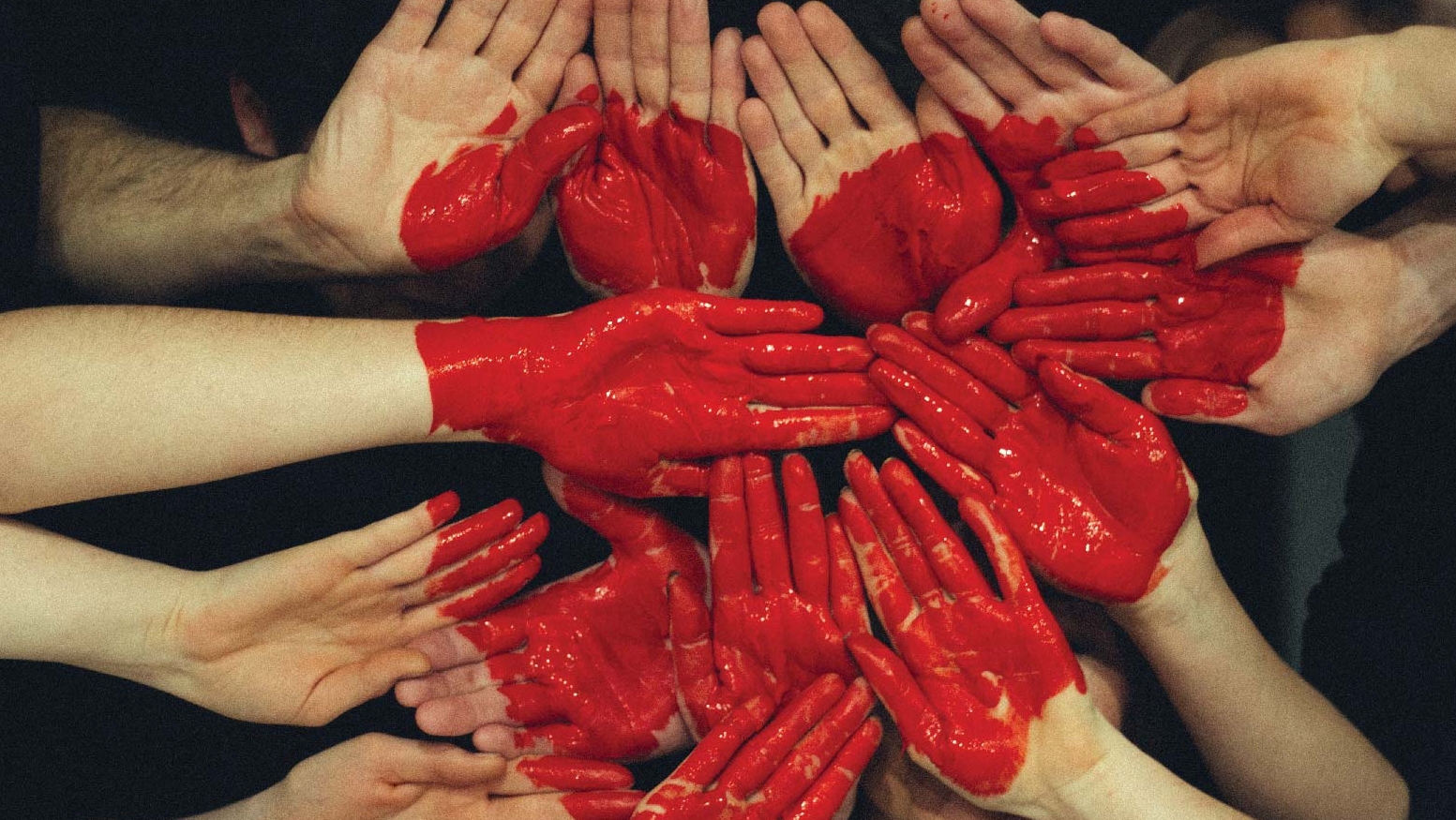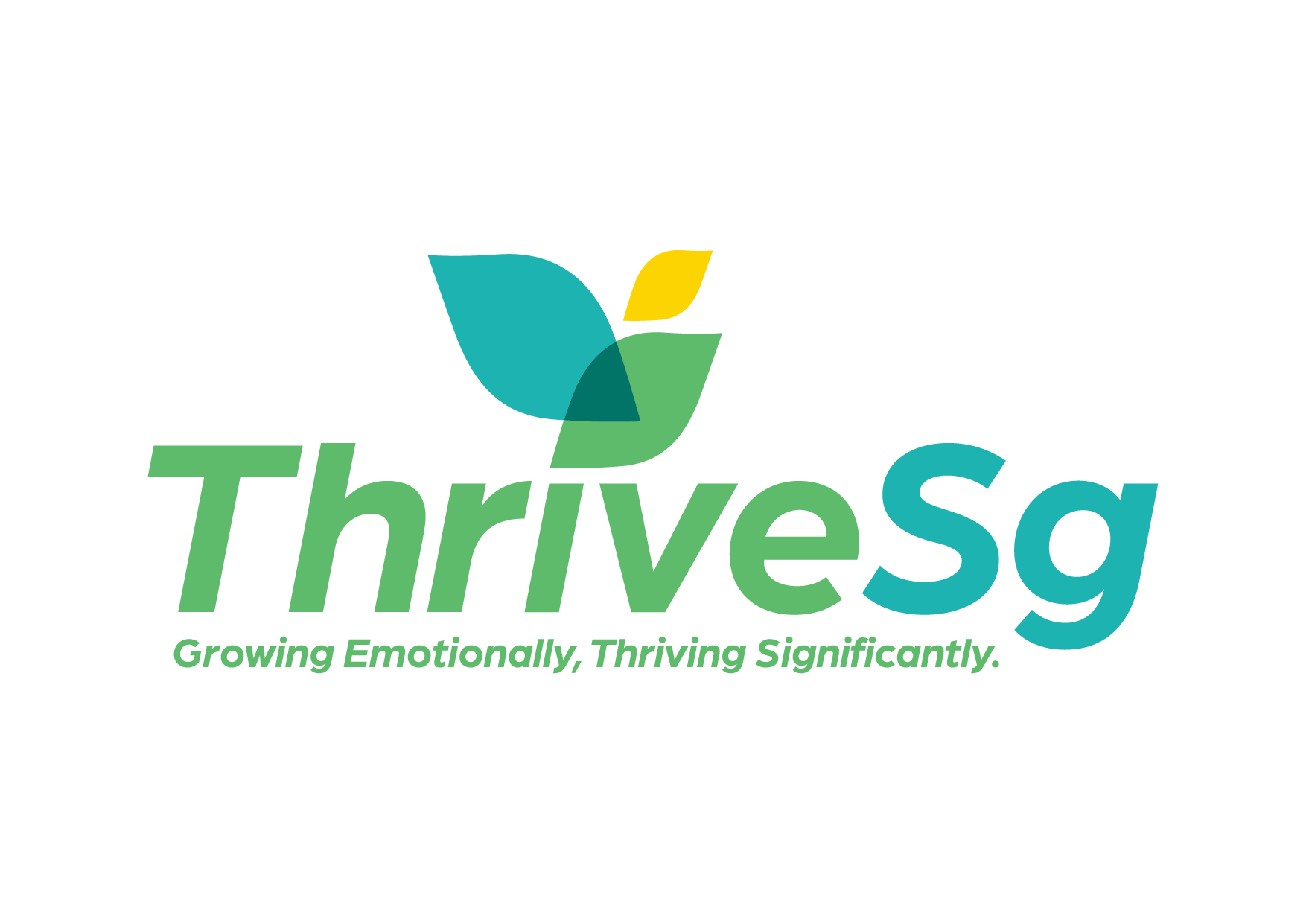 An estimated 4.4% of the world’s population suffer from depression.
(Image source: Photo by Raj Eiamworakul on Unsplash)
An estimated 4.4% of the world’s population suffer from depression.
(Image source: Photo by Raj Eiamworakul on Unsplash)
Welcome to the discipleship landscape of today.
Depression is ranked by the World Health Organisation (WHO) as the single largest contributor to global disability. It has been known as the "common cold of mental health problems." At a global level, over 300 million people are estimated to suffer from depression, equivalent to 4.4% of the world’s population.
According to the Singapore Mental Health Study conducted in 2010, 5.8% of the adult population in Singapore suffered from Major Depressive Disorder (MDD) at some time in their lifetime. In Singapore, MDD is found to be ranked among the top three mental illnesses in Singapore, alongside alcohol abuse and obsessive compulsive disorder (OCD).
The devastating news on the suicide of Pastor Andrew Stoecklein from Inland Hills Church highlighted the grim reality of depression in the Church. You’d probably already know of a fellow Christian who’s right in the middle of it now.
We often think of discipleship as if there is a formula to success. If I'm a discipler who prays for my disciples, prepare bible studies diligently and be faithful to teach the Word, our disciples should grow naturally.

Just like soil, the human heart needs a good environment for the seed of God’s Word to bear fruit. (Image source: Lukas Langrock on Unsplash)
We forget the complexity of the condition of the human heart (soil) that needs a certain environment (temperatures, amount of light, water, nutrients) for the powerful seed of God's Word to bear fruit. There is no doubt in the power of God’s Word. But just as in the Parable of the Sower, the condition of the heart affects the potential of seeds being sown.
Discipleship is not just about teaching the Word, but also creating a "safe space" where our disciples feel emotionally safe to share their struggles without judgement. To share authentically without fear of rejection, with the freedom to clarify questions or doubts they may have about their faith and not being seen as "lacking faith.”
When we look at Jesus’ model of discipleship, He does not just teach or preach the Word. He did life together with his disciples, sharing their joys and sorrows as they serve together.
What has all this got to do with ministering to our mentees/disciples/friends who struggle with depression in discipleship? It has everything to do with it! Through Jesus’ ministry, we learn two very important ingredients necessary for creating this “ safe space”, which is critical in our discipleship efforts:
Your capacity as a discipler to empathise with your disciples by understanding your own propensity for head-heart disconnection and brokenness is needed to help you cultivate this environment of compassion and non-judgement.
Connecting with your disciples heart-to-heart helps encourage them to connect with God and themselves at the heart level, not just intellectually. Loving exploration and confrontation with the Truth is what’s needed to overcome the cognitive dissonance.
To be able to journey with someone who has depression, it is important to be able to identify the symptoms that are related to depression.
According to the Diagnostic Statistical Manual (DSM5), an individual need to show 5 or more symptoms during the same two-week period and at least one of the symptoms should be either (1) depressed mood or (2) loss of interest or pleasure.
Other symptoms include:
Those who are depressed may be unaware of their condition. Or they may feel the stigma in getting help.

Being in a community of empathy, care and support is vital for recovery.
(Image source: Tim Marshall from Unsplash)
The other challenge in identifying depression is differentiating it from burnout.
Burnout is usually related to specific contexts such as in work or interpersonal relationships. Depression is usually more general and its impact has repercussions on all areas of life. Yet we need to take note that it is possible for prolonged burnout to trigger and become full-blown depression.
I have noticed, more often than not, that the high functioning types may not be aware when they are burning out because of their high capacity and tendency to drive themselves.
As a result, by the time they walk into my counselling room, their burnout has triggered depression or become full-blown depression. So we may not want to take too lightly burnout signs and need to caution those who are unaware to be more intentional in their self-care before it gets worse.
The good news is that depression is very treatable, if the necessary help and support are provided. The Church has to learn to work hand-in-hand with trained health professionals in helping members face the frightening darkness of depression.
In my clinical work, I’ve had the privilege of journeying with people who were affected by burnout and depression. Almost everyone who recovered would testify that their burnout-depression experience is a milestone that they learnt important life lessons.
Their recovery journeys are also the beginning of their journeys of “finding themselves”, who they REALLY are, rebuilding and realigning their identity, values and priorities back to Christ.
One lady with whom I counselled shared, "Through counselling, I discovered that I’m extremely self-critical, and my identity is defined by my performance. These expectations were scarily applied to my Christian faith, leading to my burnout-depression.”
Another shared, “As a perfectionist, I set for myself standards that are high and unrealistic. Through the counselling sessions, I recalled painful childhood experiences that led me to think that I ought never to make mistakes, and how I felt valued only when I had contributed positively.”
“As the sessions went by, I felt empowered to set boundaries for myself, recognising that I am not to be a saviour but to allow God to play His part.”
For the church to become a place of healing for these people, there needs to be the cultivation of communities within the church to be safe spaces.
We also need to have a paradigm shift to see discipleship more holistically. Recognise that journeying with people through their struggles and healing is an important part of discipleship in cultivating one’s “being”.
We should not singularly focus on working individual’s “potential” through equipping, training and programs.
In our zest for worldwide evangelism, we sometimes forget that that our “doing” is an outflow of our being, and transformation of the world begins with the transformation of ourselves, from the inside out, not outside in.
Lastly, let’s not forget that the purpose of discipleship includes transformation of our being into Christ-likeness.
ThriveSg seeks to empower young people (17-25 years old) from all walks of life and of different faiths, to thrive significantly by promoting emotional wellness & resilience, through cultivating self-discovery, providing emotional healing and supporting personal growth.
ThriveSg champions a help-seeking culture through advocating a growth perspective towards counselling, to overcome the stigma of mental illnesses and emotional challenges.
Follow ThriveSg on Instagram here or click on the button below to find out more.
Find out more

Pamela Koh is the Founder & Clinical Director of ThriveSg. She’s a registered counsellor & clinical supervisor with the Singapore Association of Counselling (SAC) & a certified therapist in Eye Movement Desensitization Reprocessing (EMDR). Pamela specialises in working with trauma and grief-related issues that often underlies mental health issues like anxiety, depression, addiction and eating disorders.
By 2023, She has worked with tertiary students for over 18 years, 6 years among Japanese university students in Nagoya. She is passionate about helping people heal from their past traumas, and grow emotionally so that they can reach their fullest potential to thrive significantly in life.
©1972-2025 Cru Singapore. All Rights Reserved.